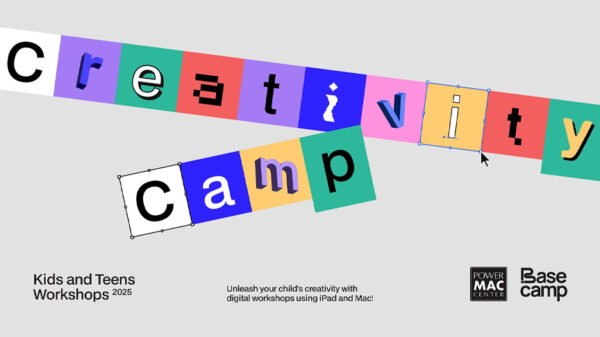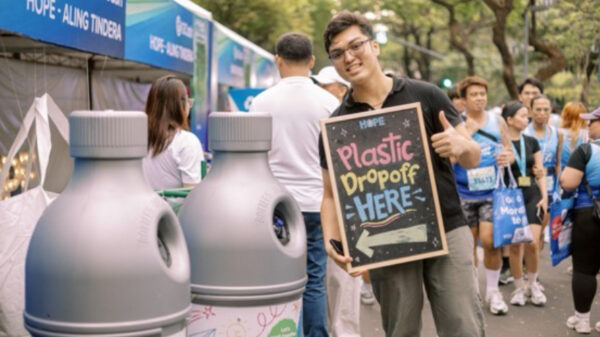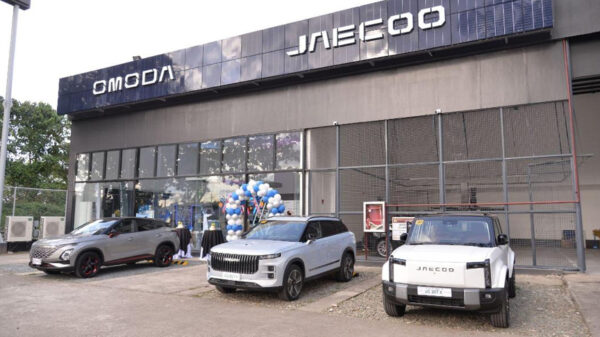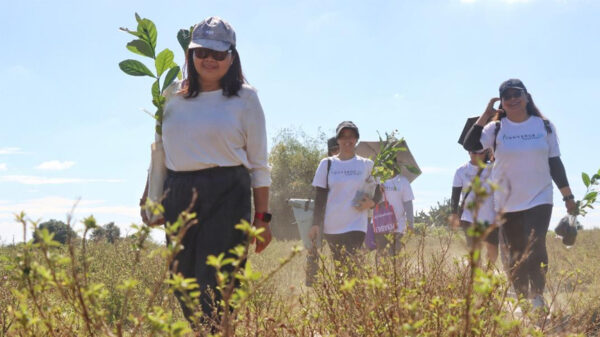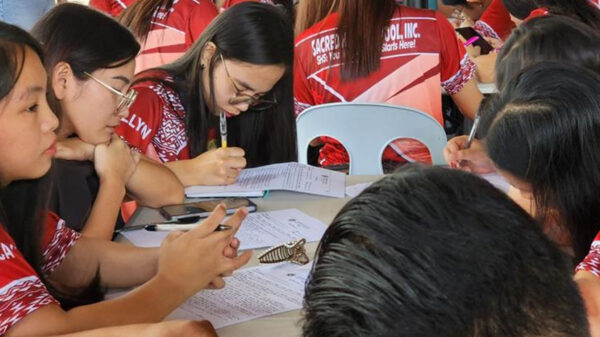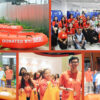Global organizations nowadays realize the importance of embracing strategies geared towards helping achieve a sustainable future. The changing attitude of consumers drives this trend as they now choose to buy from brands they believe are doing social or environmental good.
Many companies are now responding by taking on commitments that could help the environment, like reducing greenhouse gas emissions and investing in climate action. Others are integrating ESG considerations into their strategic frameworks not just because of the increasing demand from investors and customers but also due to regulatory developments.
Short for “environmental, social, and governance,” ESG refers to a subset of non-financial performance indicators that include sustainable, ethical, and corporate governance issues like managing the company’s carbon footprint and ensuring that systems are in place to ensure accountability.
In the Philippines, ESG or sustainability disclosures are critical, especially with Memorandum Circular No. 4, series of 2019, issued by the Securities and Exchange Commission (SEC). This mandate requires publicly listed companies (PLCs) to submit an annual sustainability report under a “comply or explain” approach.
Many global organizations have turned to the United Nations’ Sustainable Development Goals (SDGs) as the inspiration for their ESG policies. These 17 goals are a bold set of objectives to address human society’s most significant challenges. They also recognize that ending poverty and other deprivations must align with strategies that improve health and education, reduce inequality, and spur economic growth while tackling climate change and preserving the oceans and forests.
The UN SDGs and Fujitsu’s SDG Communities
Like many other large global corporations, Fujitsu sees the SDGs as an essential tool to ensure human activity remains in balance with the resources available to the company and that everyone has access to their core rights and physical needs. However, these statements are not enough since concrete actions are needed.
In response, Fujitsu’s international organization Global Delivery rolled out its SDG Communities project last year, which is now available to more than 30,000 employees worldwide. This project allows employees to pick one or more SDGs they are passionate about, join a virtual global community, and start collaborating with colleagues worldwide to contribute to a common cause.
Ensuring alignment and engagement
SDG Communities also aim to encourage alignment and engagement between Fujitsu’s large global workforce and the broad SDG challenge. Through this project, the company provides an avenue for its employees to understand better the nature of Fujitsu’s SDG commitments as expressed in its Purpose and participate in relevant actions that can lead to SDG-aligned outcomes.
“Over the past year, the program has engaged over 4,500 participants from 35 countries. Twenty-three percent of these participants are from the Philippines. Among the top three SDGs that the global team mostly chooses are aligned to SDG #3: Good Health and Wellbeing; just over 1,000 have aligned with SDG #4: Quality Education and nearly 700 are participating in SDG #13: Climate Action Community,” said Sarah-Jane Littleford, Head of Responsible Business, Fujitsu Global Delivery.
As part of the program, Fujitsu also held 40-plus webinars with 2,690 attendees from all Fujitsu regions to deepen awareness of the SDG challenges. The company utilizes collaboration tools like Yammer channels and social media for its SDG Community project, where its employees discuss how they can make a meaningful impact.
Translating awareness into action
Aside from increasing the awareness of Fujitsu’s SDG commitments, Fujitsu also aims to translate it into changes, particularly in how the company goes about its business. For example, Fujitsu’s Portfolio Strategy Unit is working to embed the SDGs in Fujitsu’s “Design Thinking” and agile management methods. The company is also updating its global portfolio management processes to ensure that all its products and services align with SDGs, helping its customers understand which products and services are right for them, given their climate goals.
When it comes to impacting the communities where Fujitsu operates, Littleford said that the company considers education as a critical lever to pull, which can significantly impact SDG #4 Quality Education, SDG #8 Decent Work, and Economic Growth, and SDG #10 Reduced Inequalities.
The SDG17 partnerships for the goals are also crucial. Fujitsu commits to building long-term partnerships with schools and educational and community institutions that positively impact communities. The company aims to share employees’ skills and knowledge with the communities where people live and work to help ensure that everyone can thrive in a digital future.
“Fujitsu helps ensure that communities are ready for a digital future. We do this through our educational outreach program, called Fujitsu Futures. This is a set of lessons focusing on empowering communities with those skills that will help them thrive in our digital environment and future. This means going beyond simply STEM and digital skills because ICT services are increasingly based on good communication, high levels of creativity, and business culture awareness,” said Littleford.
“Through global discussions in the SDG4 Community: Quality Education, we have been able to edit and improve the Fujitsu Futures offerings. And in a series of webinars, the passion and diversity of the SDG4 Community helped us develop a better product, which has a global outlook,” she added.
To ensure that the company continues to make strides, Fujitsu plans to broaden further the number of its people participating, spread awareness about the SDGs and how the Fujitsu Purpose aligns with them, and deepen the involvement of the Community participants. This project also helps the company achieve its goal to accelerate the alignment of business transformation with sustainable and social impact, leveraging Fujitsu’s cutting-edge technologies, expert skills, and industry knowledge to build these new possibilities for its customers and society.
To learn more about Fujitsu, visit its website at https://www.fujitsu.com/ph/.




